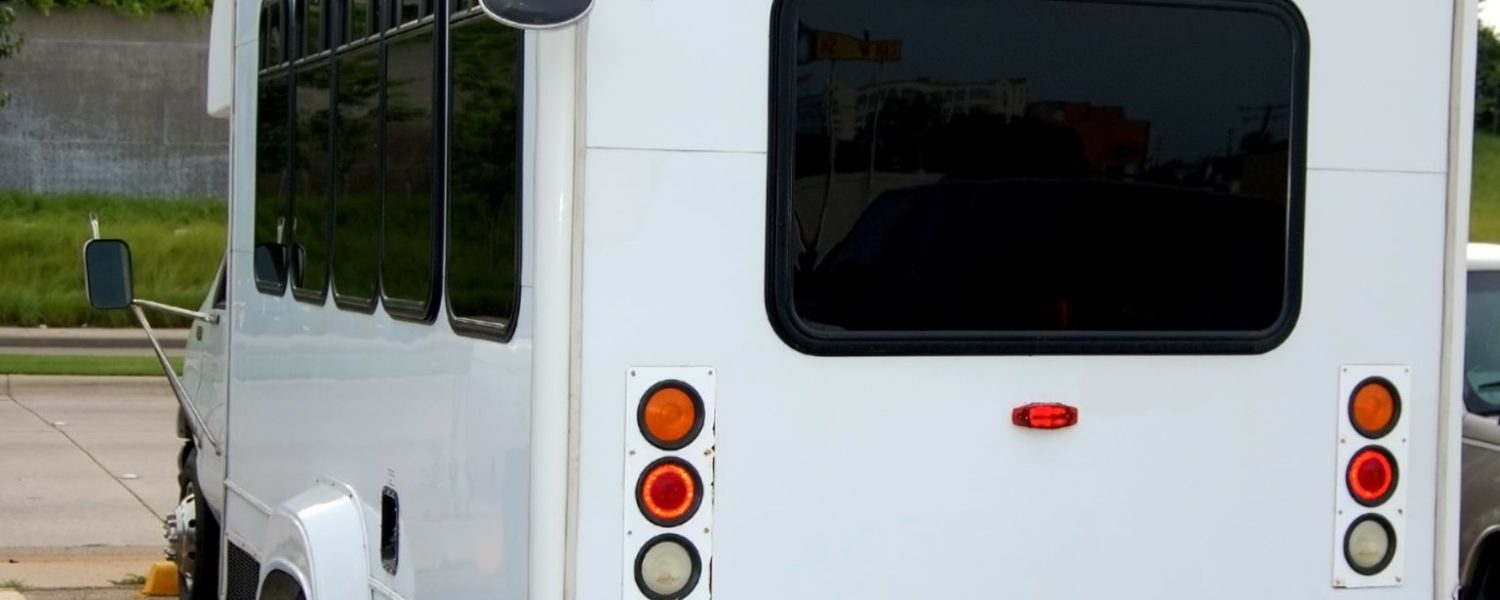By Kevin Swan
The process of securing and buying transportation for your churches takes some basic steps of common sense.
Dealership Purchase
This would be the normal process and path to follow. However, bus dealerships are spread out throughout the country and most times many miles away from your church or regional location.
Not to worry. Over the past several years, many local dealerships have had their mechanical staff trained to fix the many possible issues your new bus may develop.
Just make sure that, before the work is started, the dealership calls for approval from the bus factory or dealership that sold it to you.
Then payment and required parts can be supplied without after-the-fact questions of who’s going to pay for this repair. Our customers dislike surprises.
Many times, the repair might be covered under the original warranty. But the initial call needs to made in the beginning of the diagnosis and repair process.
Secondhand Purchase
Many other vehicle dealers and other churches also have buses for sale. Questions need to be asked upfront. If it’s a regular used or even new “car” dealership, a third-party inspection should be requested and paid for.
Even it’s another church, again, there are questions to be asked. Why are they selling the bus? Is it now too large for their congregation? Did they lose the driver who holds the required CDL license? Are they in the repair shop on a monthly basis? A church will normally tell you the truth. Ask questions.
What kind of driving or weekly mileage range are you planning? Is it around town at low speeds and stop-and-go driving? Just a couple of days a week? No long, open-road driving is normally planned?
All of these questions will require the committee responsible for buying the bus to revisit what kind of engine and passenger capacity they really might need.
Even gas chassis need to be driven on the open road regularly. Driving up to 40 miles per hour for at least 10 miles will keep the internal parts of the bus and engine running better. It’s like having a horse; they like to run once in a while to keep them happy. Buses like to be run once in a while, too.
In the past 5 to 10 years, the diesel engine has been replaced with the gas chassis on either a Chevrolet or Ford chassis. Ford will only offer a 6.7L diesel chassis on the F550 or larger. Chevrolet doesn’t offer the C4500 or C5500 chassis since 2009.
The EPA has placed many filtration systems on these diesel chassis. Ford or Chevrolet, for emission reasons, which we support for our environmental reasons.
The new gas chassis from both Chevrolet and Ford are very well made and will last for many miles and years of service, just as long as regular maintenance is completed.
However, the application and use must be considered prior to asking those questions.
The passenger capacity is a major consideration. You don’t want to leave the church with a bus with a 24 or 32 passenger capacity with it half full or less. If you must, you have to do it. But try to forecast the passenger count on regular use that will fit the bus.
Today, because of the requirements for needing a CDL driver behind the wheel, the 14 passenger plus driver is a very popular capacity shuttle. Even an ADA shuttle is for all practical reasons a 14 passenger plus driver shuttle plus driver that doesn’t require the driver to hold a CDL license.
It gives the church a great deal of flexibility on people available to drive when needed. Just make sure the group of church members who you’ve picked to drive when needed have been given a learning walkthrough and drive test so that they realize the turning radius of the bus, plus the height and width of the new church bus.
This will reduce the trips to the local body shop because of tree limbs or other structures that have damaged the exterior of the bus body. The damage from these encounters from water intrusion can be very costly.
What Options to Buy
My response is simple. If you’re not going to use it, don’t buy it. Here we go back to the use the church is planning on using the bus for. Around town, the entertainment packages may not be needed. For a church ministry, when you’re going on longer road trips, the entertainment package can keep the passengers entertained and distracted.
Common sense is again a major baseline before any church purchases a bus.
Your finance committee can also guide you to whether a purchase or lease plan would suit the church the best,
After 35 years of fulfilling the needs of our customers, nationwide with export included, we feel very confident of our ability to have our finger on the process and pulse of the bus market…whoever the customer.
Kevin Swan serves as marketing and sales support for Atlantic Bus Sales, www.atlanticbussales.net.






